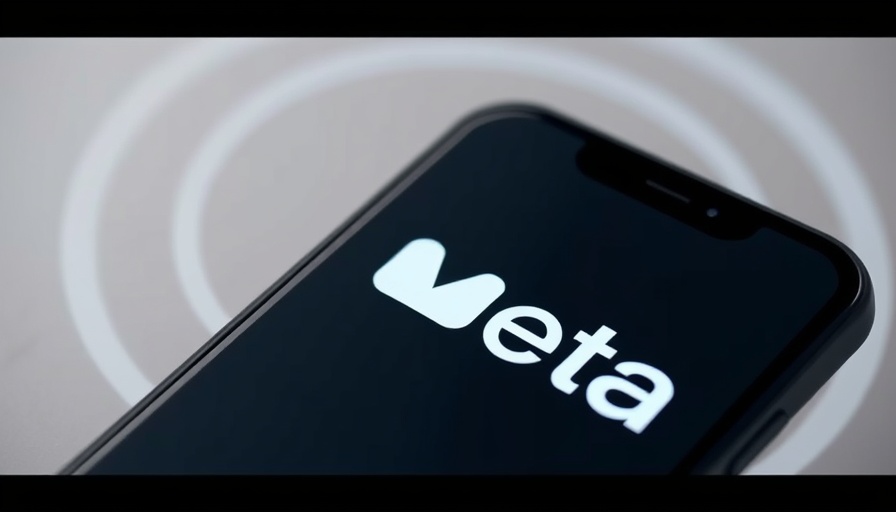
The Revival of a Classic: AI's Role in Modern Storytelling
The recent collaboration between Google, Magnopus, and Warner Bros. to remaster The Wizard of Oz for the Las Vegas Sphere represents a landmark moment in film history. By employing advanced artificial intelligence techniques, this project not only breathes new life into a cherished classic but also highlights the capabilities of AI in redefining the cinematic experience.
What Makes This Remaster Unique?
The original Wizard of Oz was shot in a much smaller format, so projecting it on the colossal 160,000 square foot LED screen of the Sphere would require considerable adjustments. Google's innovative “super resolution” technology has allowed the filmmakers to enhance the film's visuals significantly. This technique involved training AI models like Veo 2 and Imagen 3 on a vast array of source materials, enabling them to not only upscale existing images but also to create new ones that seamlessly blend into the movie.
The Magic of AI: Outpainting Techniques
One of the standout features of this remaster is the use of 'outpainting'. This process allows the AI to expand scenes, creating new visuals that weren’t originally captured. For example, a wider shot may now include Uncle Henry, a character who was previously off-camera. By creating digital recreations from existing data, the film now appears richer and more informative than ever before, allowing modern audiences to experience the beloved narrative in a fresh light.
Echoes of the Past: Resurrecting Performances
Perhaps one of the most fascinating aspects of this technology is its ability to resurrect performances from actors who passed decades ago. The team mastered AI models to ensure that the new digital recreations maintain authenticity and behave as the original actors would, offering a compelling mix of nostalgia and innovation. This fascination with reviving past performances may lead to even bolder moves in the future of cinema, raising questions about the implications for legacy performers.
AI in Cinema: A Growing Trend
This project is part of a larger trend where filmmakers are embracing AI to enhance cinematic storytelling. In 2022, renowned director James Cameron re-released several of his iconic films, enhanced by AI, showcasing how technology can serve as both a tool and a creative partner in filmmaking. The use of AI can stretch beyond mere restoration towards creating entirely new narratives and experiences.
Broader Impacts: Shaping the Future of Entertainment
This project not only changes our experience of a classic film but it may also have ramifications for how future films are conceptualized and produced. As technology continues to advance the boundaries of creativity, filmmakers are likely to explore new methods of storytelling that combine traditional filmmaking with cutting-edge digital techniques. The psychological and emotional implications of these advancements are vast, presenting a new dialogue about what it means to truly experience a story.
Are We Ready for This New Cinematic Age?
As audiences prepare to immerse themselves in a remastered Wizard of Oz, one must ponder the other ramifications of such advanced techniques. This raises questions about originality, authenticity, and the future of acting itself. How does recreation shape our understanding of performance, and what happens to the legacy of actors as AI increasingly takes center stage?
Engagement Through Evolution
The fusion of film and AI technology stands as a beacon of potential in the entertainment industry. As audiences revel in the hyper-realistic worlds crafted by AI, they will be challenged to consider their own preferences for authenticity versus innovation. This evolving landscape promises to captivate, challenge, and engage viewers in ways that haven't yet been imagined.
In conclusion, the decision to utilize AI in remaking The Wizard of Oz at the Las Vegas Sphere not only offers nostalgia but also shapes the future of cinema. As technology evolves, perhaps we will embrace more AI-driven creations—celebrating both the humanity of storytelling and the wonder of technological advancements. As we look forward to seeing this unique reinterpretation of a classic, one must consider how such approaches will redefine our cultural landscapes in years to come.
 Add Row
Add Row 
 Add
Add 


 Add Row
Add Row 
 Add
Add
Write A Comment